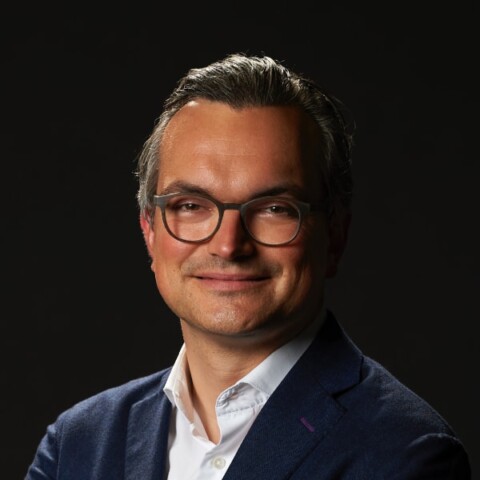Moderated by Christian Teichmann (Burda Principal Investments), the DLD25 session explores groundbreaking alternatives to conventional plastics, steel, and cocoa – materials that have significant environmental and social impacts.
“98% of the plastic that has ever been produced is still on Earth – and the other 2% were burned”, Teichmann notes, highlighting the need for more sustainable, nature-friendly materials.
Michael Kingsbury, a co-founder of ULUU, showcases his company’s groundbreaking approach to creating biodegradable plastic alternatives from seaweed. The pellets that are produced through fermentation “behave like plastic during use, and they give us all the properties that society has become reliant on from plastics”, Kingsbury says.
“The second benefit is that we mediate climate change”, he adds, because seaweed “absorbs carbon dioxide from the environment – so much so that we can offset more carbon than we emit through our production process.”
Replacing all fossil fuel-based plastics would require farming on “about 0.1% of the ocean surface area”, Kingsbury says, positioning countries like Indonesia to potentially become “the Saudi Arabia of seaweed.”
Christoph Zinsser discusses Stegra (formerly H2 Greensteel), which aims to revolutionize steel production – an industry responsible for “between seven and eight percent of global CO2” emissions.
His company replaces traditional coal-based iron ore reduction with green hydrogen, resulting in identical steel quality but with a dramatically reduced carbon footprint. “The beauty is that if we sell to BMW, the same coil will arrive, but it will be a green coil”, Zinsser explains. The project’s massive scale requires €6.5 billion in funding, with production set to begin in 2026.
Sara Marquart presents Planet A Foods’ innovative approach to creating cocoa-free chocolate from sunflower seeds. Originally conceived as a solution for potential cocoa shortages due to climate change 10-15 years in the future, recent events have accelerated the timeline dramatically. “Prices are six-fold as they were before”, Marquart notes, “and in the food industry, margins are quite small.“
As a food chemist, she discovered that “80 percent of the flavor in what we love in chocolate and cocoa comes out of the processing” rather than the cocoa bean itself. By applying similar fermentation, roasting, and grinding processes to abundant European sunflower seeds, her company produces a sustainable, ethical alternative to traditional chocolate without child labor concerns or supply chain volatility.
Watch the video for details and find out how existing manufacturers can seamlessly incorporate these sustainable raw materials into their own products.





